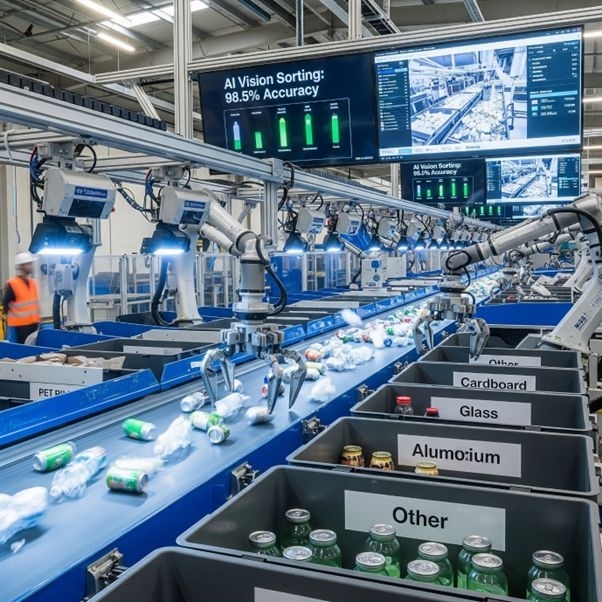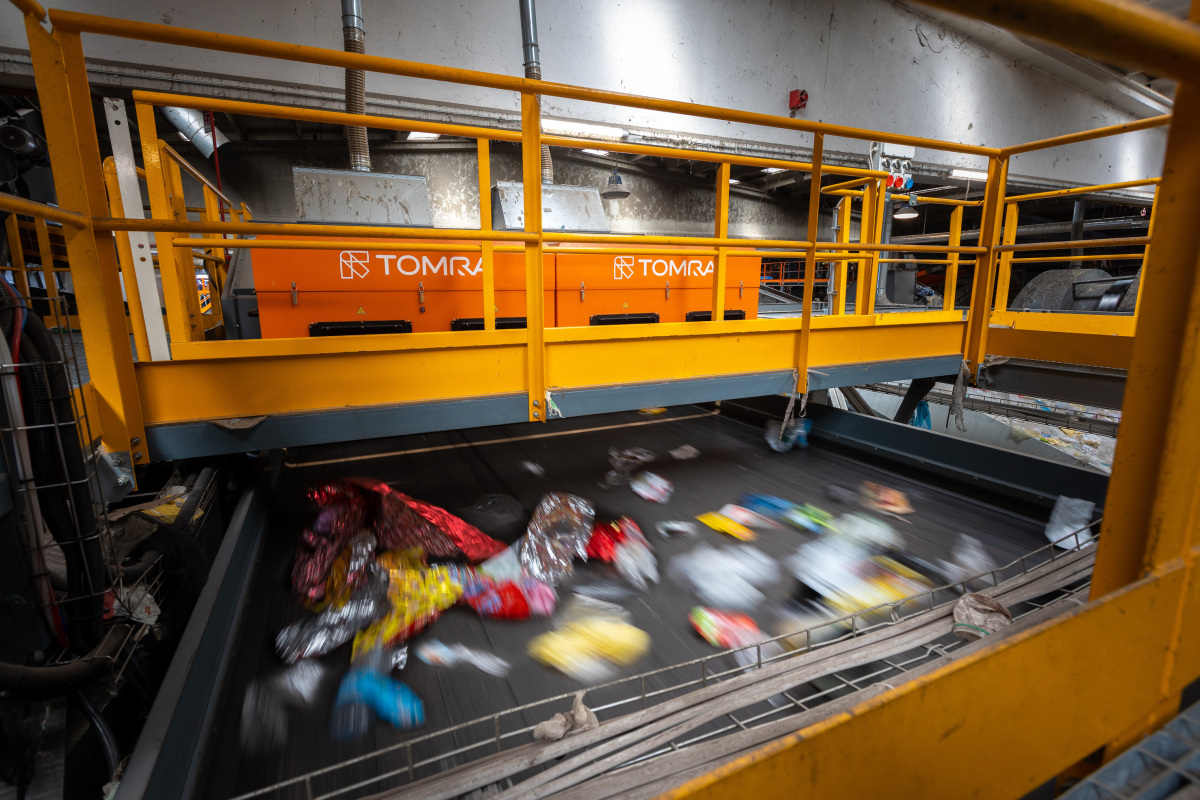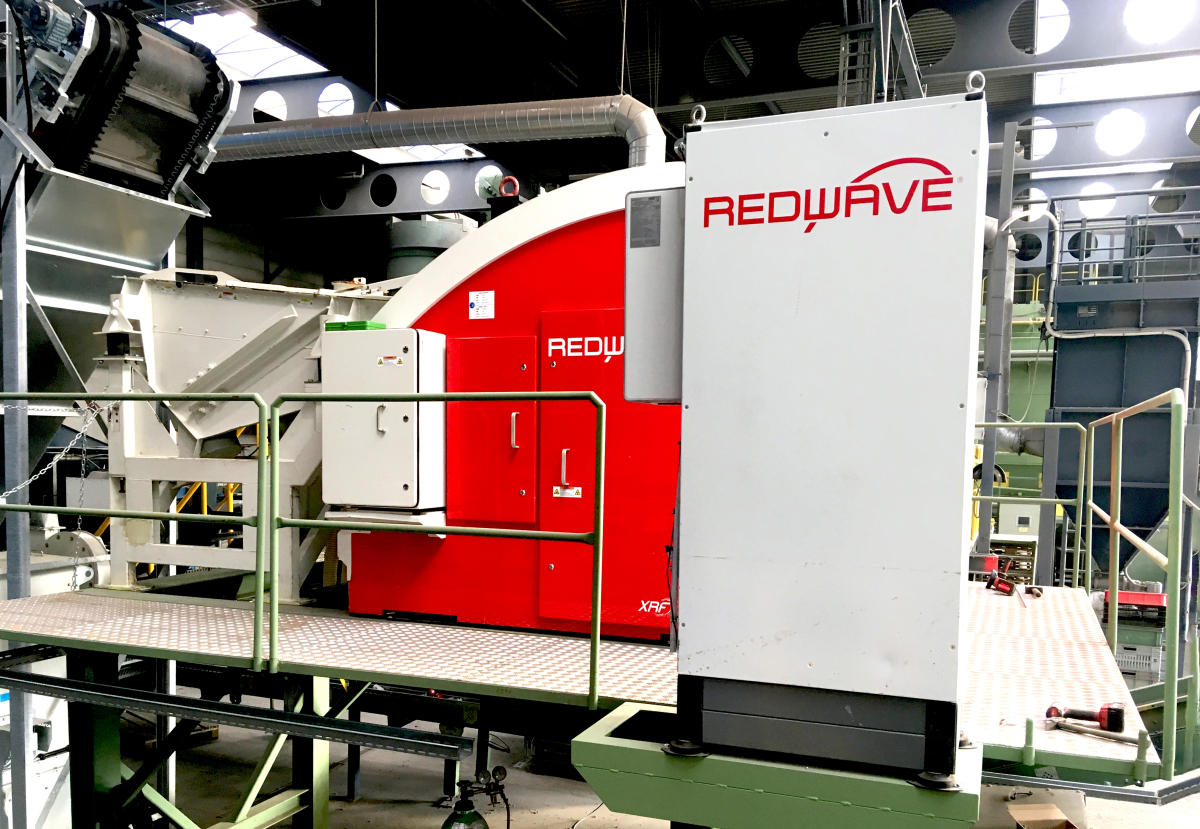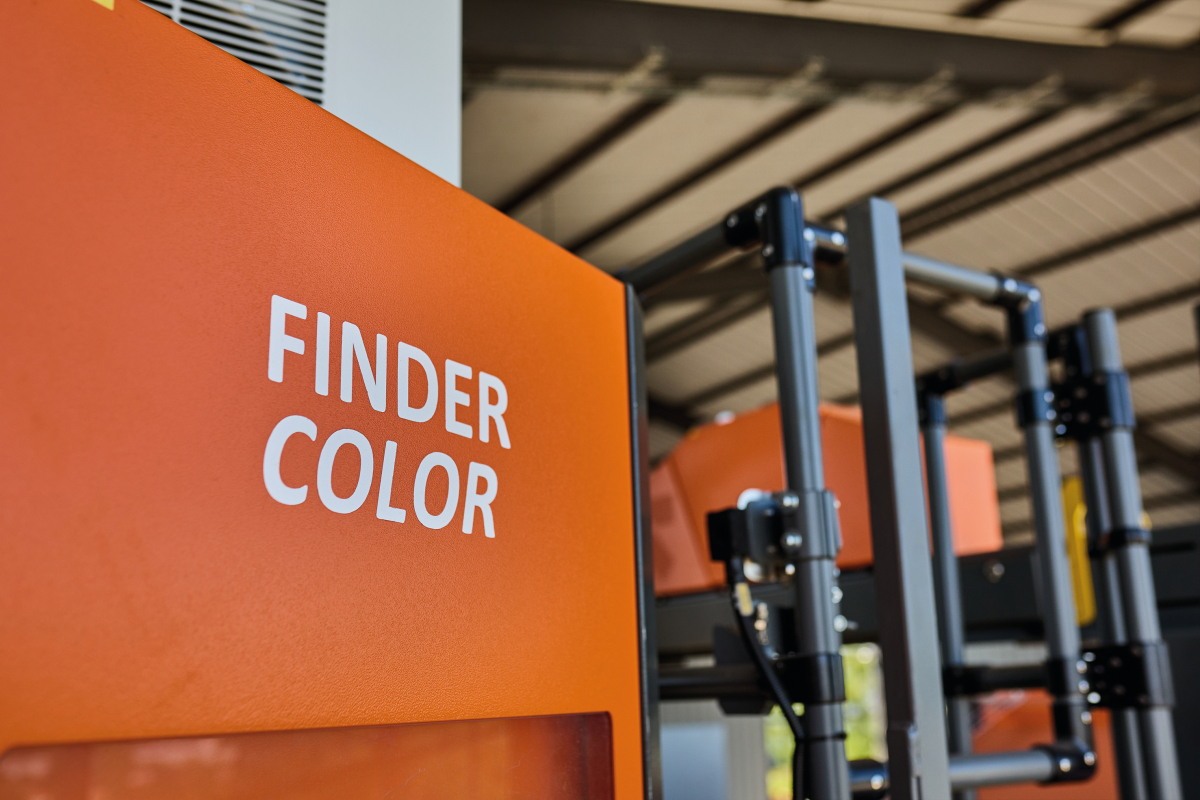AI-Vision Recycling Line Market Expected to Exceed US$ 8.7 billion by 2033
29.08.2025According to Research intelo, the Global AI-Vision Recycling Line market size was valued at US$ 2.1 billion in 2024 and is projected to reach US$ 8.7 billion by 2033, expanding at a robust CAGR of 17.2 % during 2024–2033. The primary factor propelling the growth of this market is the urgent need for advanced, automated recycling solutions to address the mounting global waste crisis and stringent sustainability mandates. The integration of artificial intelligence, machine vision, and sensor technologies is revolutionizing traditional recycling lines, enabling higher throughput, improved material purity, and significant reductions in operational costs. As environmental policies tighten and circular economy initiatives gain traction, the demand for AI-driven recycling automation is accelerating across municipal, industrial, and commercial sectors worldwide.
 © Global Market Research Reports and Consulting Company
© Global Market Research Reports and Consulting Company
The AI-Vision Recycling Line Market is emerging as a transformative force in global waste management and recycling industries. Leveraging artificial intelligence (AI) and advanced machine vision technology, these systems can detect, classify, and sort recyclable materials with high precision. This innovation is addressing critical challenges such as contamination in recycling streams, labor shortages, and inefficiencies in traditional sorting processes.
Key growth drivers
Rising waste volumes: With global waste generation projected to exceed 3.4 billion tonnes annually by 2050, there is an urgent need for efficient sorting and recycling solutions. AI-driven vision systems can handle larger volumes while maintaining accuracy.
Stringent environmental policies: Governments worldwide are introducing strict recycling targets and banning certain waste exports. This regulatory pressure is compelling facilities to invest in advanced sorting technologies to meet compliance standards.
Labor efficiency: Manual sorting is labor-intensive, costly, and prone to errors. AI-vision recycling lines reduce dependence on human workers, lower operational costs, and improve safety in waste-handling environments.
Technological advancements
Machine learning algorithms: These systems use deep neural networks trained on massive datasets of recyclable materials. Over time, they improve their detection accuracy, even for challenging items like black plastics or multi-layer packaging.
Real-time processing: High-speed conveyor belts and camera arrays capture thousands of images per second, enabling immediate sorting decisions without bottlenecks.
Integration with robotics: Many AI-vision systems are paired with robotic arms that execute precise pick-and-place operations, enhancing overall throughput and reducing contamination rates.
Challenges and limitations
While AI-vision recycling lines are powerful, their adoption faces challenges such as high initial costs, integration complexities, and the need for skilled personnel to maintain and train the systems. Additionally, heavily contaminated waste streams can still reduce sorting accuracy.
Future outlook
The AI-Vision Recycling Line Market is poised for substantial growth in the next decade. As technology costs decline and AI models become more sophisticated, these systems will become more accessible to smaller recycling facilities. Integration with Internet of Things (IoT) platforms and blockchain-based tracking could further enhance transparency and efficiency in the recycling supply chain.
Competitive Landscape:
Prominent companies operating in the market are:
- Tomra Sorting Solutions
- STEINERT GmbH
- Bulk Handling Systems (BHS)
- Machinex Industries Inc.
- CP Group
- Sesotec GmbH
- Pellenc ST
- MSS, Inc.
- Redwave (BT-Wolfgang Binder GmbH)
- Satake Corporation
- Genius Machinery Co., Ltd.
- Optical Sorting Equipment Ltd.
https://researchintelo.com/report/ai-vision-recycling-line-market



